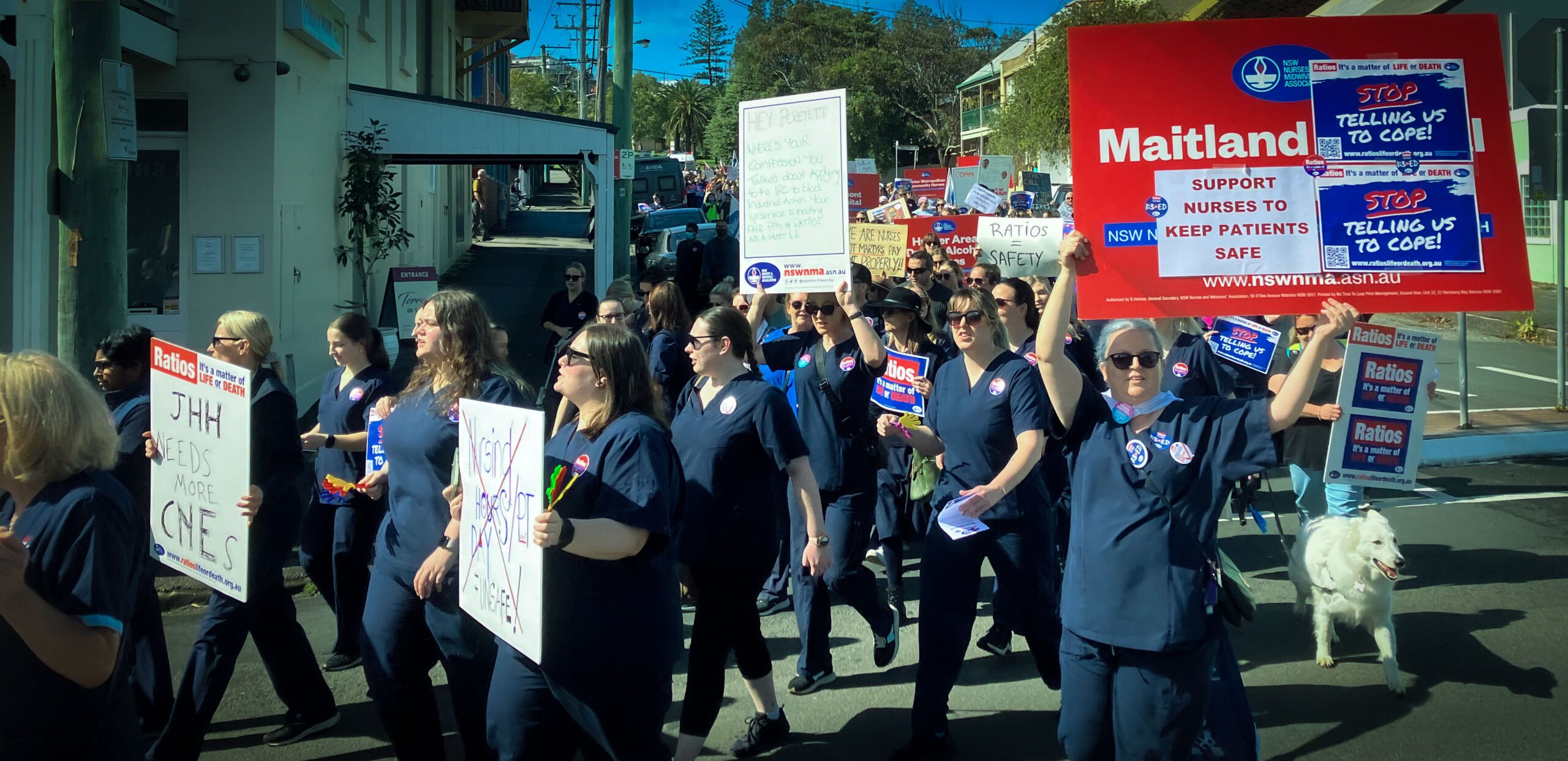A new report released by the Australian Council of Trade Unions (ACTU) today reveals that Australian women are financially disadvantaged at every key stage of their life: in childhood, at the workplace, through pregnancy, motherhood and as a carer, and in retirement.
The ACTU’s Gender Pay Gap – Over the Life Cycle report shows that whether given less pocket money as a child, lower wages as a graduate, a poorer household income in pregnancy and as a mother or much lower savings in retirement, girls and women still face overwhelming inequality and lack of opportunity.
Women make up 42% of the workforce but currently earn 17.2% less than men. Today’s findings provides a three year update of Australian women’s pay and conditions since the ACTU’s original Gender Pay Gap report was published in 2013.
Key report findings:
Childhood:
- Young girls receive 11% less pocket money than boys;
- Less than one in 20 girls considers a career in science, technology, engineering or mathematics (STEM) compared to one in five boys.
The workplace:
- Women are earning less on average to men than they were 20 years ago;
- Women earn $284.20 less per week than men;
- 70% of part-time work is undertaken by women;
- 60% of women are graduates in recent years, however female post-graduates earn 82% of the salary of a male post graduate;
- Just 24% of Australian Board Directors and 17 % of Chief Executives are women.
Pregnancy, motherhood and caring:
- Women, during their child bearing years ( 25-44) earn up to 40% less than men in the same age group, regardless of whether they have children;
- Women spend twice as much time doing unpaid work including caring for children, older people or people with a disability, housework and volunteering in their local community;
- Mothers who return to work after 12 months parental leave after the birth of their first child suffer a wage penalty of 7% in their first year. Twelve percent (12%) in the following year;
- One in three (32%) mothers who are discriminated against look for another job or resign.
Retirement:
- The average superannuation balance for women at retirement is $138,150 for women compared with $292,500 for men;
- 60% of women aged between 65-69 years have no Super at all;
- It is estimated that 38.7% of single women will retire in poverty;
- Twice the amount of Superannuation tax concessions from government flow to men than women.
Unions are calling for:
- A government funded parental leave scheme of 26 weeks paid at no less than the national minimum wage plus superannuation;
- Fifteen hours of free childcare for every child per week for all families;
- A right to request flexible work arrangements that clearly set out an employer’s obligations to properly consider and make reasonable efforts to accommodate requests.
ACTU President Ged Kearney said, “In 2016, the findings in today’s report are just overwhelming. Young girls are still disadvantaged, women in the workplace are presented with constant barriers and older women face a poor retirement, possibly a retirement into poverty.”
“The ACTU hoped for change since the original report was published three years ago. How long do we all have to keep waiting? Why isn’t this government making inequality a priority?”
“A girl receiving 11% less pocket money than a boy is a simple indictor that we can all begin to make things fairer in our families. But when 60% of women aged between 65-69 years retire with no Super, 70% of workers in the lowest paid occupations are women and just 17% of Australian CEOs are women, this shouts out that we have major problems to tackle.”
Download the report: The Gender Pay Gap over the Life Cycle







